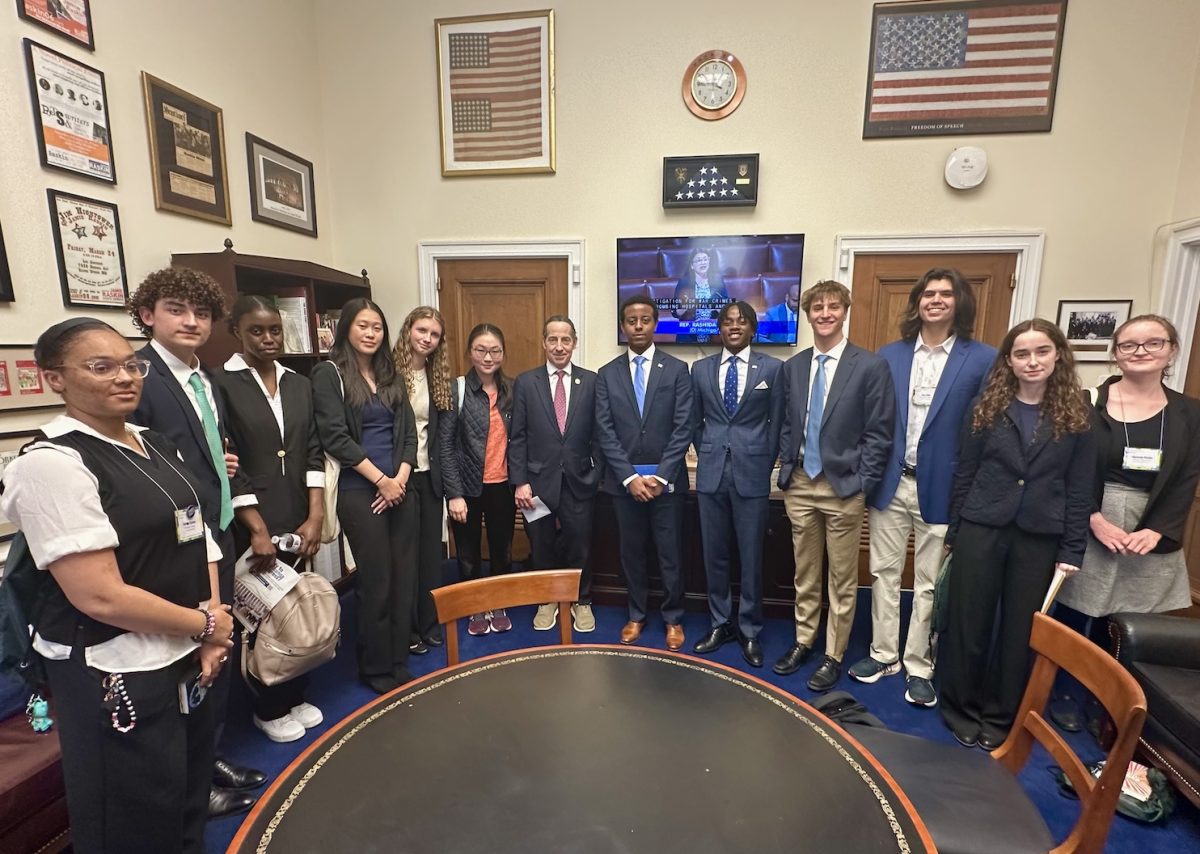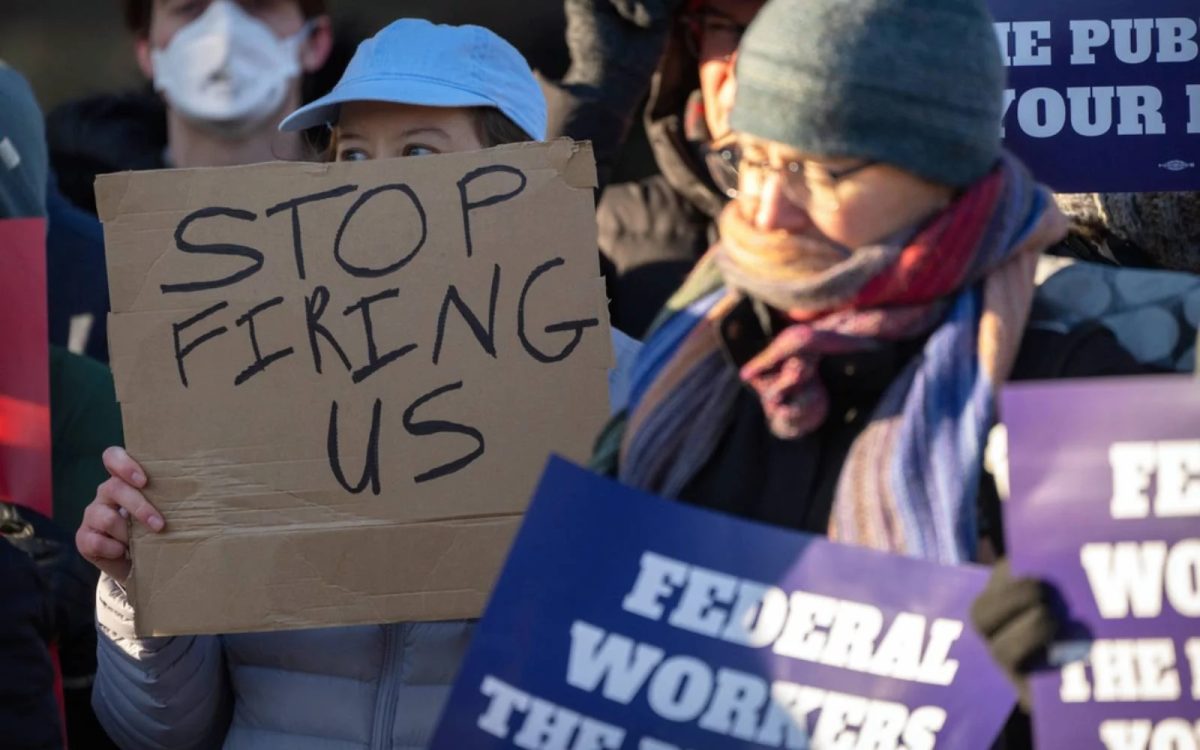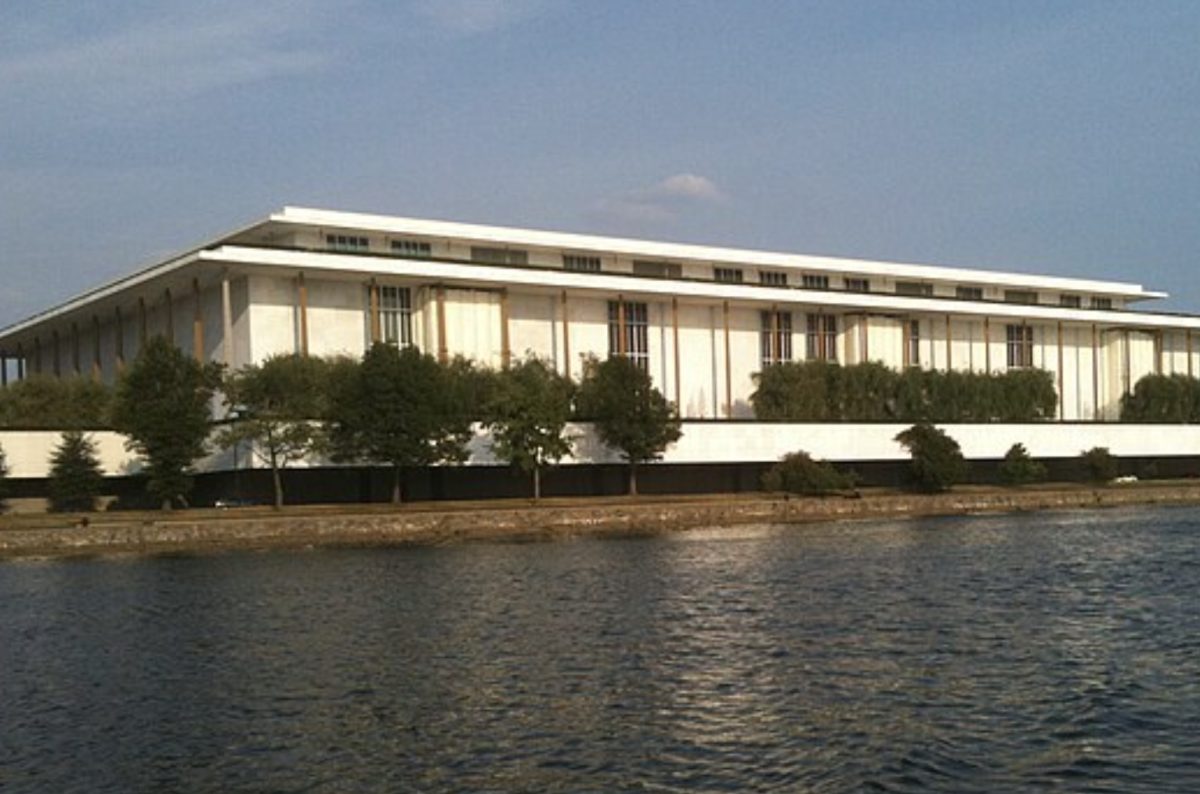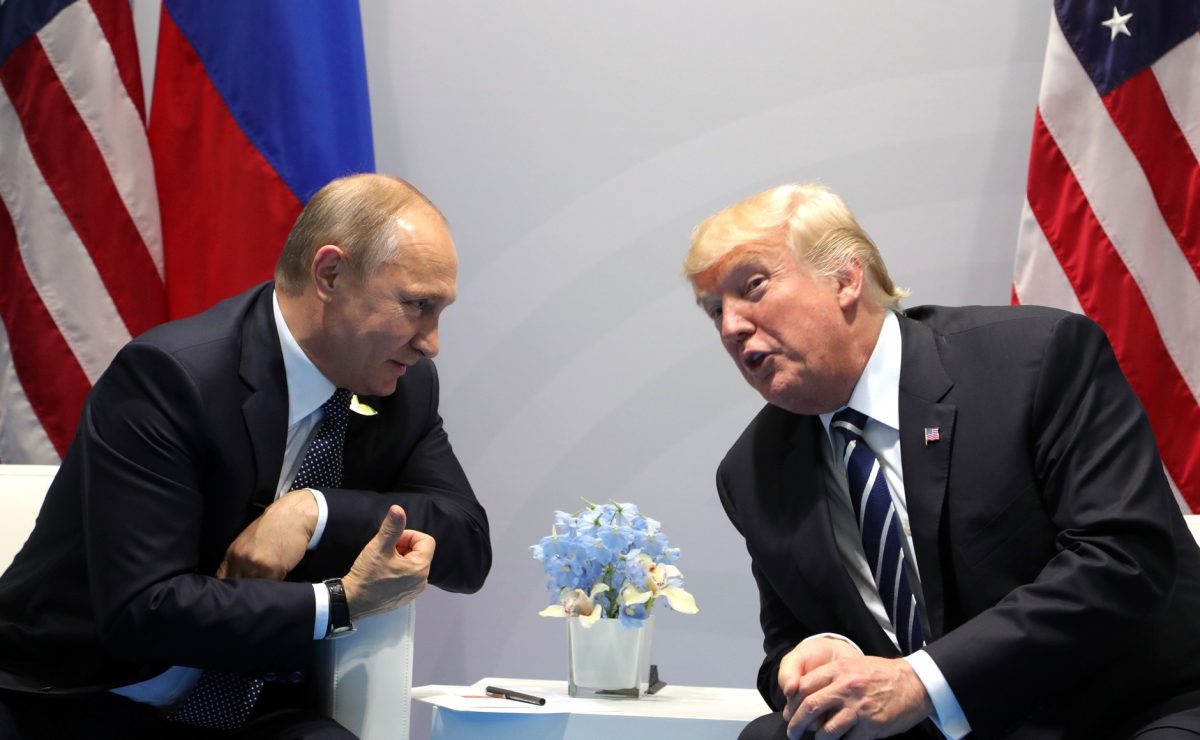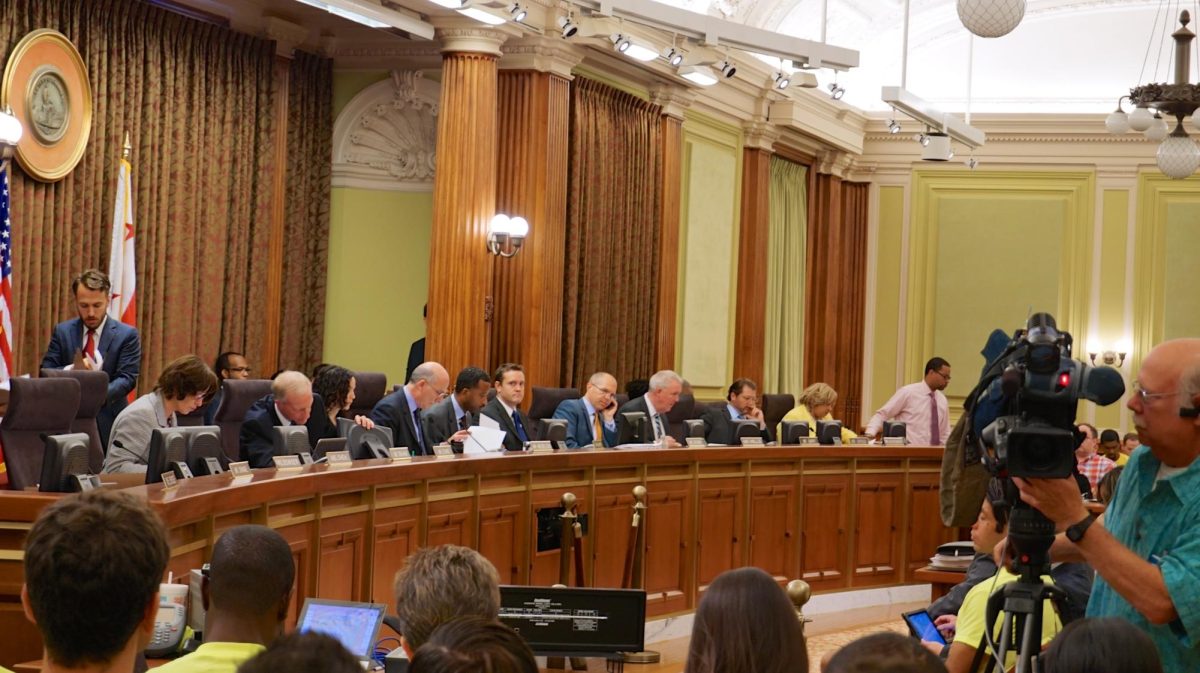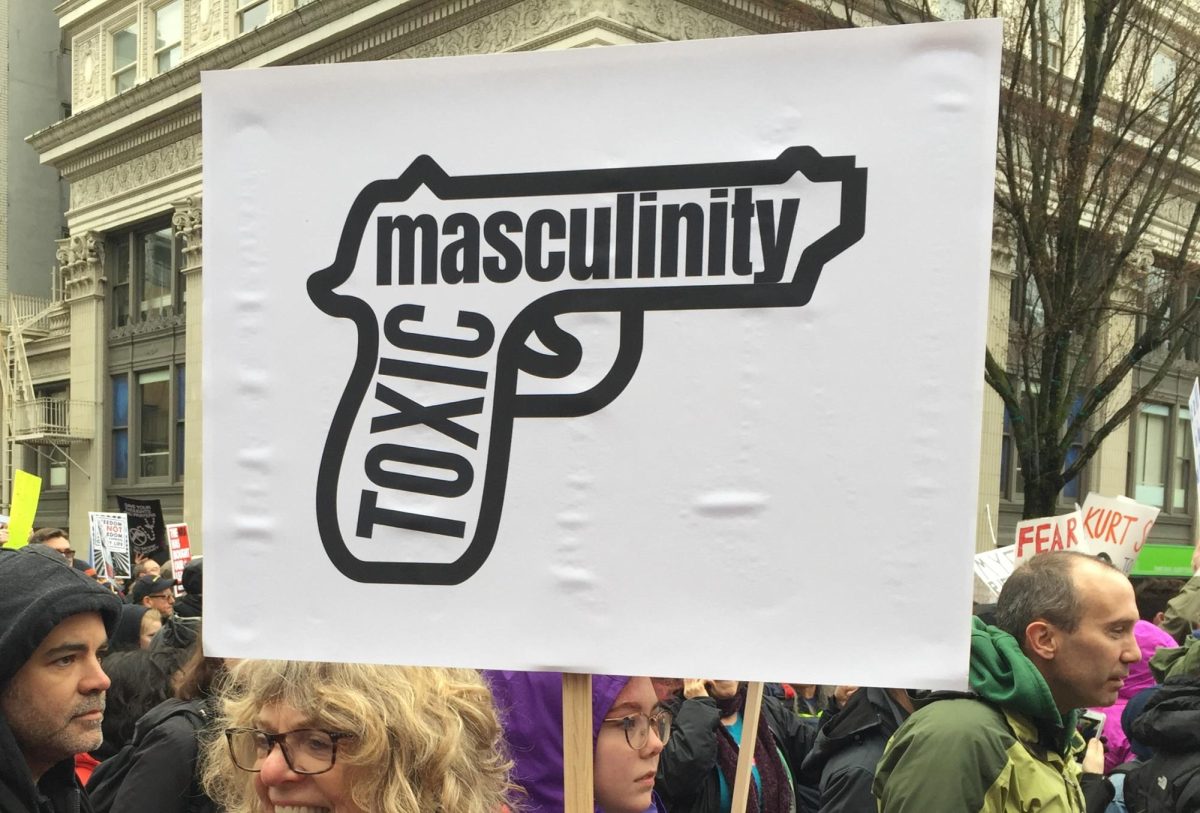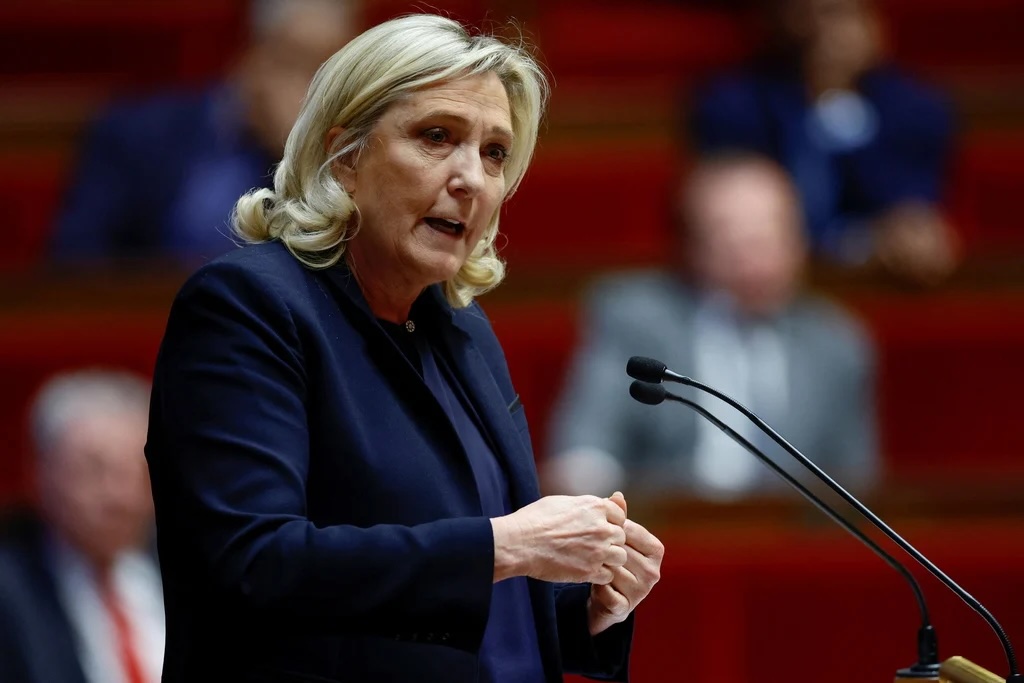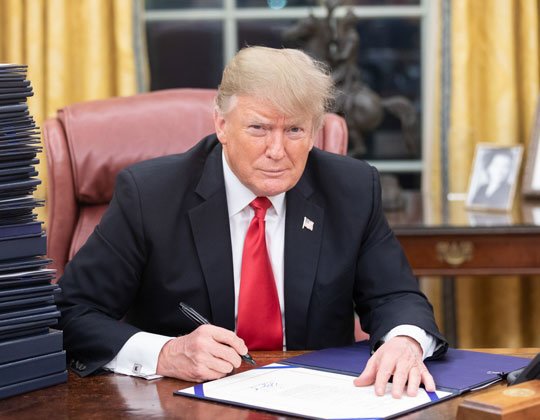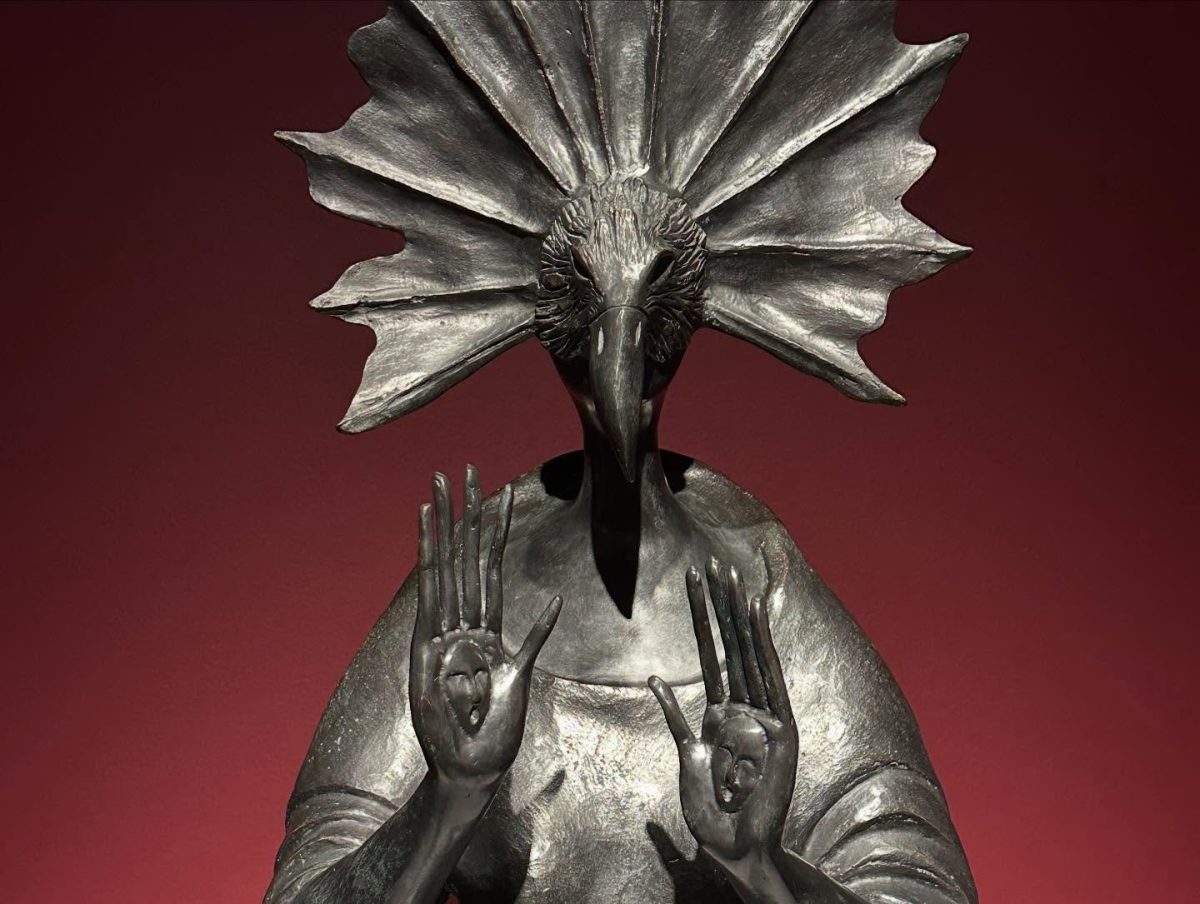On Feb. 23, Germany held its elections for the 630 available Bundestag seats. The election results heavily favored the Christian Democratic Union (CDU), the party already in power. However, the Alternative for Germany (AfD) party gained many seats from the last election in 2021. The widely Christian and conservative CDU, which had been in power for much of the previous 70 years, promotes policies revolving around relations with the United States and upholding a free market. The AfD, which gained popularity in the last decade, is considered a far-right political party, with many of its ideas based on German nationalism and Islamophobia.
Much of the AfD’s popularity has come with the recent influx of Middle Eastern refugees in Germany and Europe. This has increased Islamophobia in the region due to the massive intake of refugees and the lack of adequate support systems to accommodate these refugees. Many Germans do support immigration, but only in limited amounts. Another issue for immigrants in Germany is the difficulty of assimilation into society with limited refugee communities. These factors have led to widespread resentment among the German people toward refugees, thus causing a rise in extremist beliefs manifesting in the AfD.
While the AfD stands for limited immigration, many of its policies are also blatantly racist and supremacist. Some AfD officials used Nazi slogans or encouraged Germans to “stop atoning of the Nazis’ crimes.” In the AfD’s “Manifesto for Germany,” the party outlines policies that directly target specific ethnic groups, such as banning the killing of animals in halal or kosher ways, citing that it is cruel to the animals.
Along with gaining national popularity, the AfD’s reach has extended worldwide with notable U.S. unofficial political leader Elon Musk speaking at an AfD rally and tweeting statements such as, “[o]nly the AfD can save Germany.” The AfD’s rise is alarming for a multitude of reasons, including its extremist hate-based policies and its influence on an already struggling American political scene. The AfD bases many of its political strategies on the success of President Trump’s campaign, foreshadowing the possibility of the party’s hateful views spreading to the U.S.
If the CDU wants to maintain power in the country in the 2029 election, the party must regulate immigration, refuse many refugees, increase deportations and overall improve the quality of life for German citizens. Achieving this will prevent the AfD from capitalizing on the CDU’s mistakes and allow the CDU to gain sufficient popularity to support its choice of Chancellor and achieve a Bundestag majority. While refugees do deserve asylum in stable countries, preventing the rise of the racist and extremist AfD is crucial for maintaining Germany’s stability. If the AfD were to win the majority in 2029 and hold German political control, the party would almost certainly send the country back to a terrible time for Germany and other states. They could even start another World War — a war in which the United States might side with Germany against countries they have been allied with for centuries. Thus, the CDU and the rest of Germany must mobilize to control German policies and recover popularity against the AfD.



